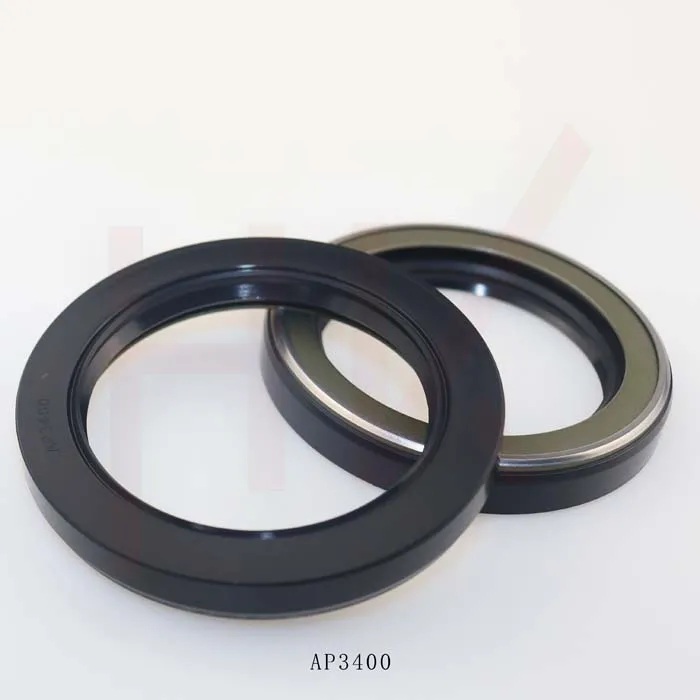Nov . 17, 2024 19:41 Back to list
Excavator Seal Kit for Enhanced Performance and Durability in Heavy Equipment Maintenance
Understanding Excavator Seal Kits Importance and Maintenance
Excavators are a cornerstone of modern construction, mining, and excavation projects. To ensure their efficient operation, components within these machines must be well-maintained. Among these components, seal kits play a crucial role in maintaining the integrity and performance of the excavator’s hydraulic systems. This article delves into the significance of excavator seal kits and highlights their maintenance and replacement.
What are Excavator Seal Kits?
Excavator seal kits comprise various seals, rings, gaskets, and O-rings specifically designed for hydraulic systems, cylinders, and joints of excavators. These components prevent hydraulic fluid leaks and protect the internal parts from contamination, which could potentially lead to performance issues and costly repairs. Seal kits are typically made from high-quality materials such as polyurethane, rubber, or PTFE, which can withstand high pressures and extreme temperatures.
Importance of Seal Kits
1. Preventing Hydraulic Leaks The primary function of a seal kit is to contain hydraulic fluids within the system. Any leaks can result in a drop in hydraulic pressure, impacting the performance of the excavator. A well-sealed system ensures that the machine operates at optimal efficiency.
2. Protecting Internal Components Seal kits protect sensitive internal components from dirt, moisture, and other contaminants. A minor intrusion can lead to wear and damage, significantly reducing the lifespan of critical parts.
3. Promoting Safety Hydraulic leaks can cause dangerous conditions on construction sites. By using high-quality seal kits, operators can minimize the risk of accidents associated with fluid leaks and malfunctioning equipment.
4. Increasing Operational Efficiency Proper seals ensure that the hydraulic system maintains consistent pressure and flow, which is crucial for the excavation processes. This efficiency translates to reduced fuel consumption and lower operational costs.
excavator seal kit

Maintenance and Replacement of Seal Kits
Regular maintenance and timely replacement of seal kits are vital for the longevity and smooth operation of excavators. Here are some best practices
1. Regular Inspections Frequent checks for any signs of wear, damage, or leaks are essential. Inspections should include examining all seals, O-rings, and gaskets for cracks or deformation.
2. Proper Cleaning Keeping the hydraulic system clean is crucial to preventing contamination. Always clean around seals before replacing them to avoid introducing dirt into the system.
3. Using Quality Seal Kits When replacing seals, always opt for OEM (Original Equipment Manufacturer) parts or high-quality aftermarket products. Substandard kits may not provide the necessary durability and reliability.
4. Follow Manufacturer Guidelines Adhering strictly to the manufacturer’s maintenance schedule ensures that the excavator remains in optimal condition. This includes the recommended timelines for inspecting and replacing seal kits.
Conclusion
Excavator seal kits are essential components that contribute significantly to the performance and safety of hydraulic systems. By understanding their importance and implementing regular maintenance practices, operators can prevent costly repairs, enhance the lifespan of their machines, and ensure safety on the job site. Ultimately, investing in high-quality seal kits and maintenance routines will lead to improved operational efficiency and productivity.
-
TCN Oil Seal Metal Ring Reinforcement for Heavy Machinery
NewsJul.25,2025
-
Rotary Lip Seal Spring-Loaded Design for High-Speed Applications
NewsJul.25,2025
-
Hydraulic Cylinder Seals Polyurethane Material for High-Impact Jobs
NewsJul.25,2025
-
High Pressure Oil Seal Polyurethane Coating Wear Resistance
NewsJul.25,2025
-
Dust Proof Seal Double Lip Design for Construction Equipment
NewsJul.25,2025
-
Hub Seal Polyurethane Wear Resistance in Agricultural Vehicles
NewsJul.25,2025
-
The Trans-formative Journey of Wheel Hub Oil Seals
NewsJun.06,2025
Products categories
















